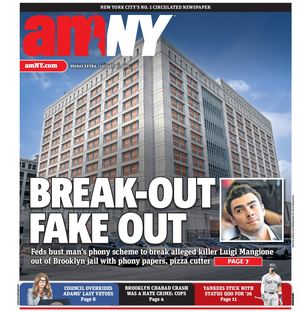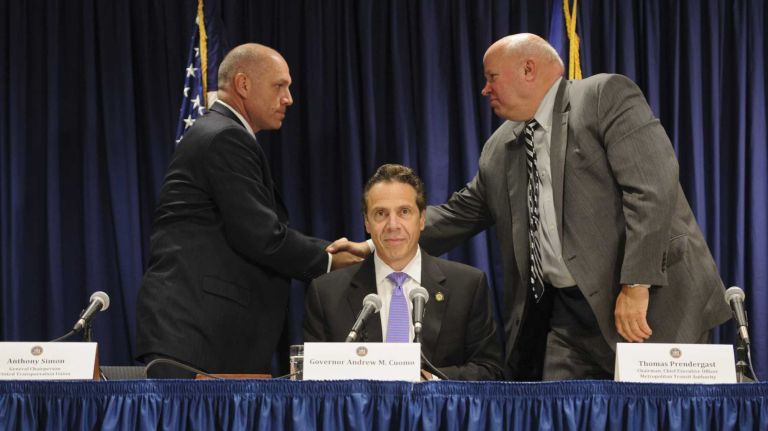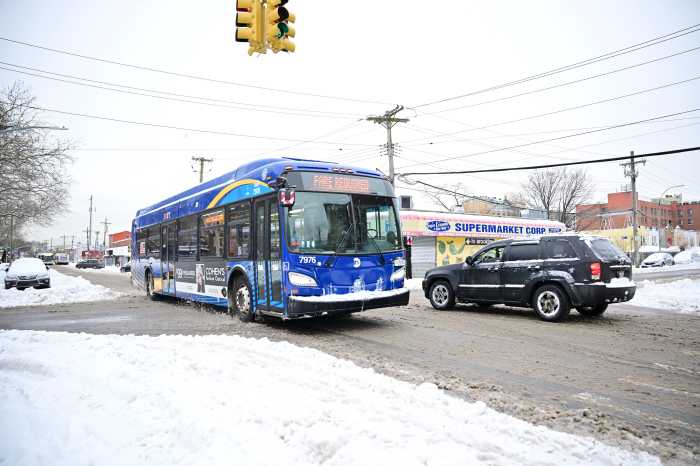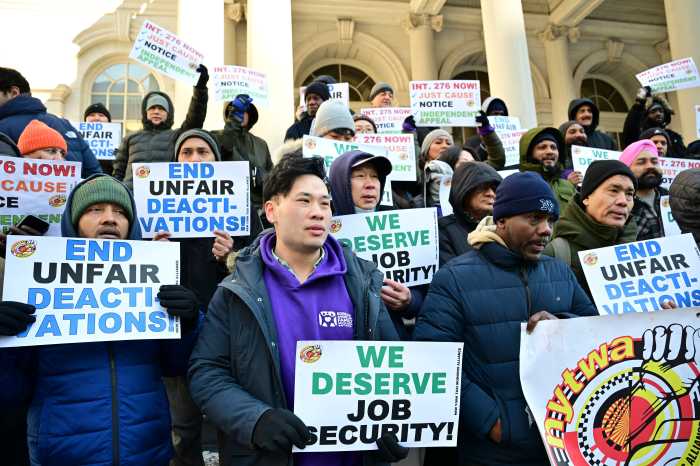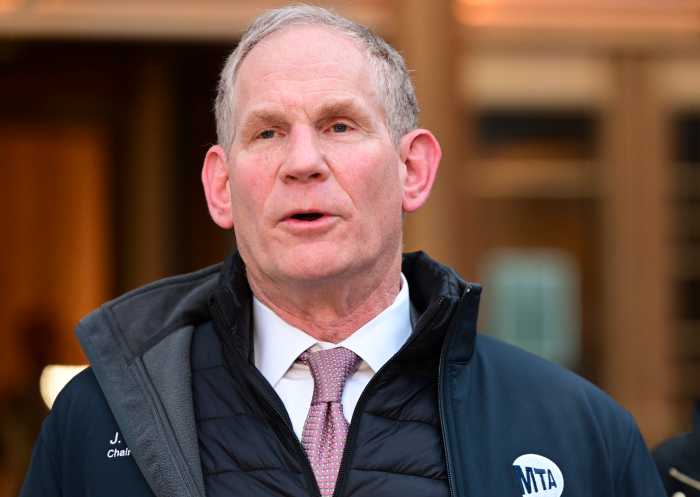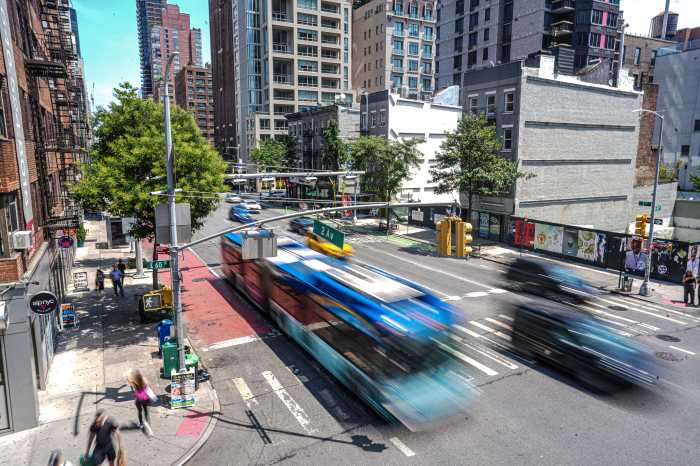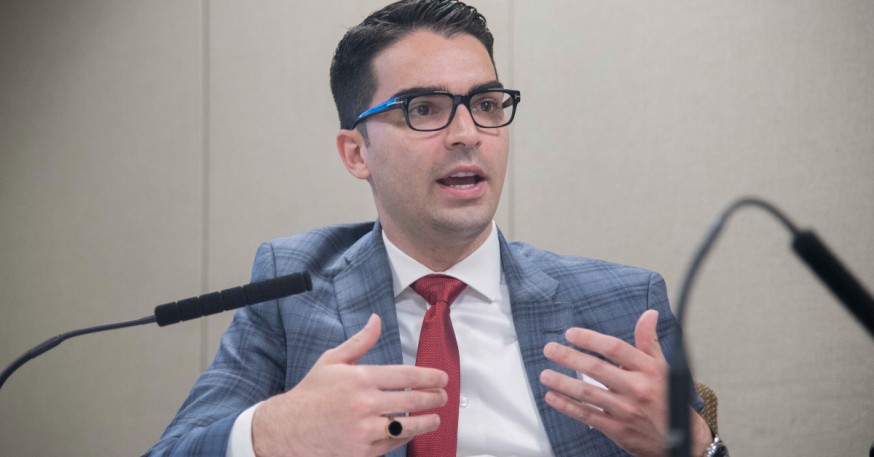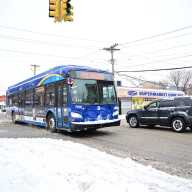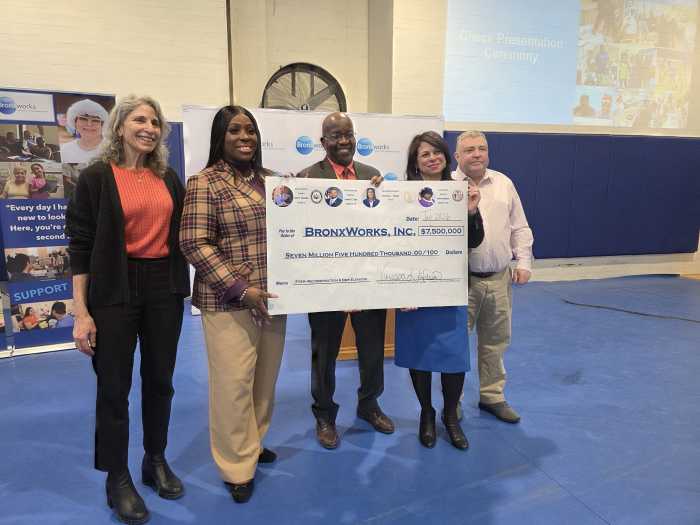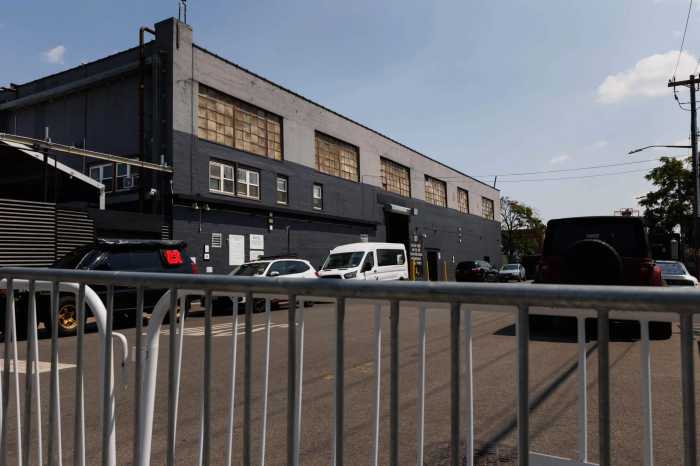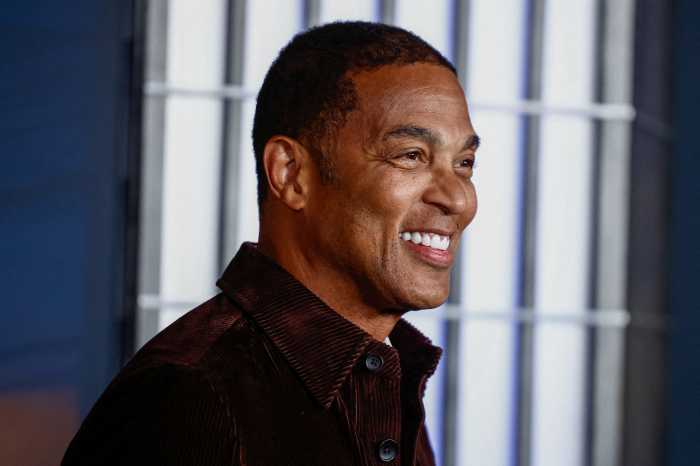
With a handshake, the MTA chief and Long Island Rail Road’s lead union negotiator on Thursday agreed to a deal to avert a strike that they said would protect subway fares and the program to fund transit infrastructure and new equipment.
While subway riders surely were relieved that they would avoid packed train cars full of Long Island commuters, officials said next year’s fare hike will stay at 4% as planned and the capital program that funds work on transit infrastructure is secure-two issues that MTA CEO and chairman Thomas Prendergast had said were at risk during the tense negotiations.
“We wanted fair compensation for valued employees and we wanted to make sure that the MTA didn’t need to raise fares and had the funds necessary to manage the system long term,” Gov. Andrew Cuomo said. “And I believe we did that.”
The deal would give the LIRR workers a 17% wage increase over six and a half years. LIRR workers will then to contribute to their health care plans for the first time, while new workers get a different wage schedule and required to pay into their pension plan. New workers will also take longer to reach maximum pay.
Gene Russianoff, attorney for the Straphangers Campaign, said that he believes the MTA will deliver on keeping the fare increase at 4% and continuing to add service.
“The motto is ‘trust but verify.’ We’ll be watching what they do” Russianoff said. “I take Tom Prendergast at his word. I think they have the resources to run the place.”
While the cost of the deal is unknown now, officials have said an earlier recommendation from a presidential board that proposed similar raises with givebacks on health care would cost $40 million a year, Newsday reported.
Andrew Albert, an MTA board member and NYC Transit Riders Council chair, said the health care piece of the deal was a boon to the next five-year capital program the MTA must complete in September.
“I knew that absent a contribution on the health care end by the workers that a lot more money would come out of the MTA’s capital program for the settlement,” Albert said. “The MTA has tremendous capital needs, so that was worrisome.”
Mitchell Moss, a professor and director of the NYU Rudin Center for Transportation, said getting LIRR workers to start paying into health care was a “breakthrough.”
“The cost of operating the rail road are paid for through revenues from taxes, from the fare box and other public funds,” Moss said. “So this is going to be a net gain for all New Yorkers, not just the riders.”
(Dan Rivoli)
